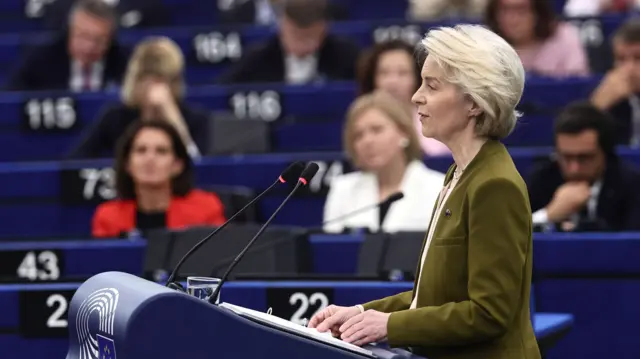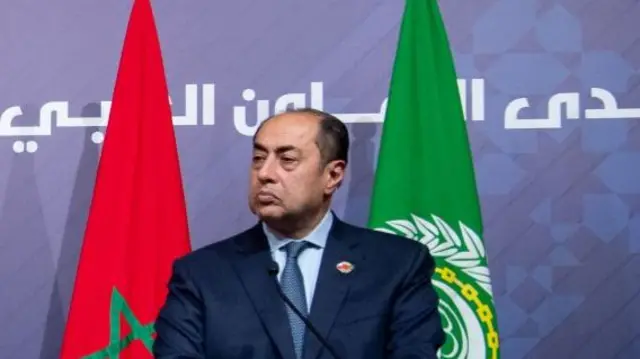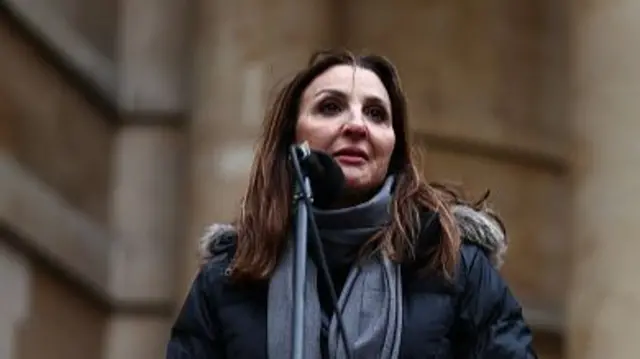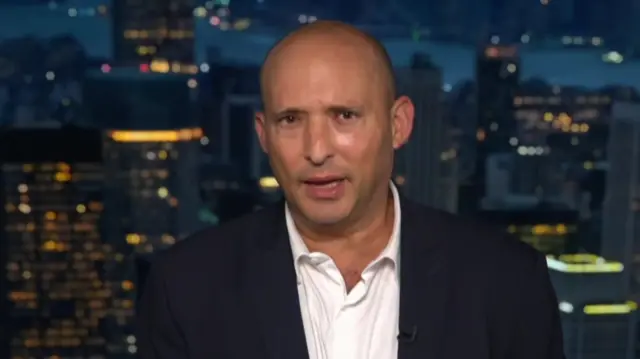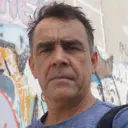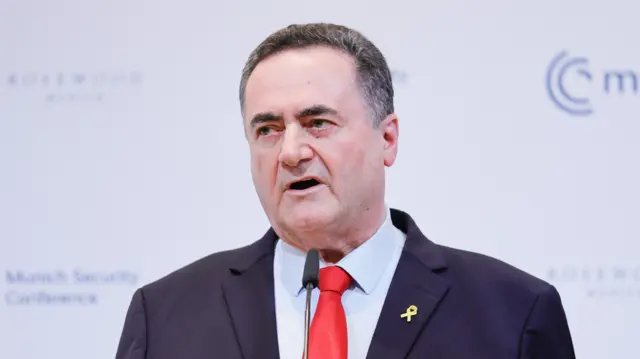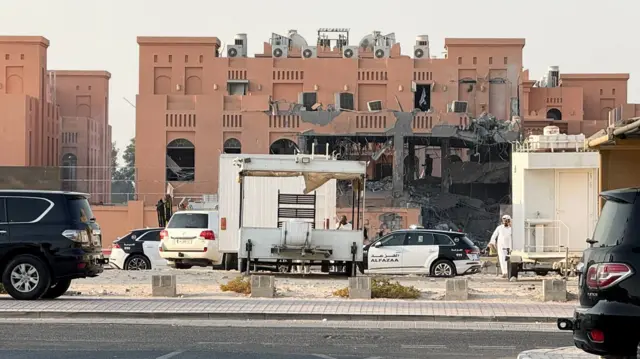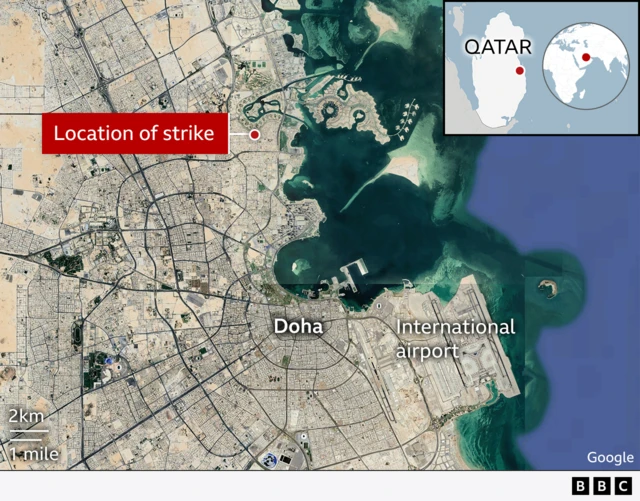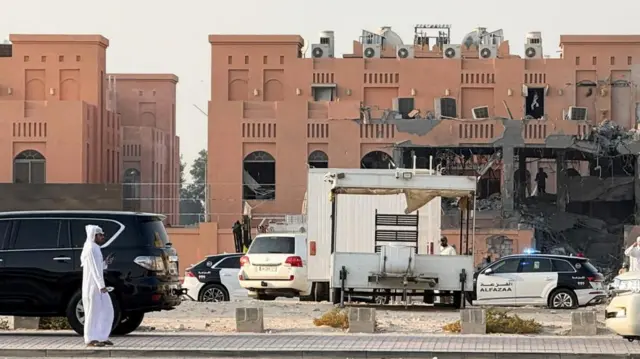Von der Leyen reiterates call for two-state solutionpublished at 10:31 BST 10 September
Announcing the new proposed measures during a state of the union speech at the European Parliament in Strasbourg, Von der Leyen reiterates that "Europe's goal has always been the same: Real security for Israel and a safe present, and future, for all Palestinians."
There is no place for Hamas "now, nor in the future", she says, going on to demand the release of hostages currently being held by the group, "unrestrained access" to humanitarian aid in Gaza, and an immediate ceasefire.
"The only realistic peace plan is based on two states living side by side in peace" she says, with a "secure Israel, viable Palestinian authority" and the "scourge of Hamas removed".
